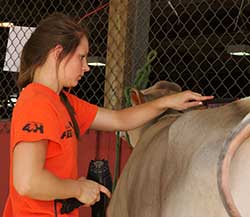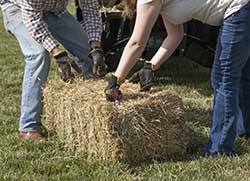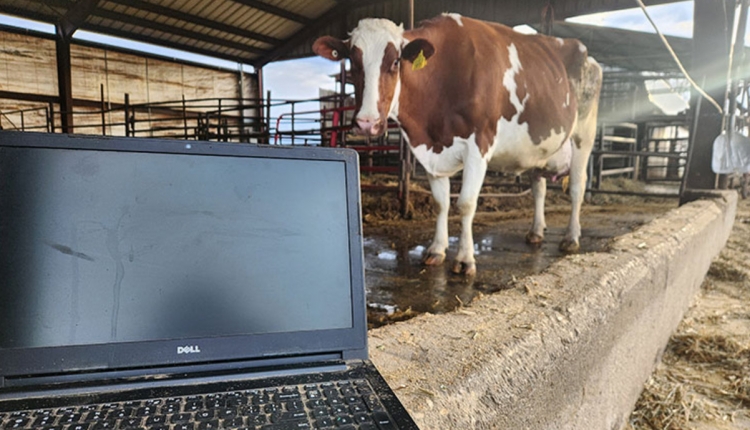
As many of us open our farms to tours and family gatherings this summer, here are reminders that we often overlook on the farm. These tips hold true whether we spend one day or the whole summer outdoors.
Summer safety reminders:
- According to the American Red Cross' recent survey, nearly half of Americans don't know the basic water safety skills such as treading water or floating. Farmponds and large water troughs can be dangerous to nonswimmers. Drownings don't only happen in lakes or oceans.
- Those who work outdoors are at greater risk for skin cancer. Those with fair skin, freckles, red or blonde hair, blue or green eyes being the most susceptible. Hats with 3-inch brims, sunblock and sunglasses are recommended. They cannot block all of the sun's harmful rays, but they go a long way to minimize skin damage and potential cancers.
- Wasps like to hide in open pipes and silage pile tires. Know where the wasp spray is and what to do if someone is stung. (Ask visitors if they are allergic)
- I wore shorts, but learned to wear gloves. Handling hot irrigation pipes, rope burns from not-quite-broke-to-lead heifers and moving hay did not phase me if my hands were covered. You might look silly, but it is worth it in terms of protection.
- For those preparing for the county fair, pull out the clippers and give those calves a haircut. Be sure your cords are long enough to work comfortably with no frayed or exposed wires. Blowers and outlets should be checked, too.
- The lynch pin keeps the chutes together and the wagons connected, but be careful that fingers don't get caught in the wrong place at the wrong time.
- At dairy meetings we practiced halter tying. Seeing a young exhibitor kneeling to untie a heifer, and the heifer mounting them because the long rope gave plenty of play is a scary sight. It is not always about having the quick-release tie to get the animal free, but keeping them tied at the proper length to stop them from getting tangled and hurting themselves or others.
- If poison ivy grows around your farm, be sure that those who work in that area can spot it.
- Big tractors, loud noises, little people – not a good combination. Those operating equipment should be cautious of extra people. And the responsibility also falls on those "extra people" like friends and relatives to be aware of the tractors, as well.
 Have a safe and enjoyable summer so you can enjoy my favorite time of year, too.
Have a safe and enjoyable summer so you can enjoy my favorite time of year, too. The author is the online media manager and is responsible for the website, webinars and social media. A graduate of Modesto Junior College and Fresno State, she was raised on a California dairy and frequently blogs on youth programs and consumer issues.
The author is the online media manager and is responsible for the website, webinars and social media. A graduate of Modesto Junior College and Fresno State, she was raised on a California dairy and frequently blogs on youth programs and consumer issues.









